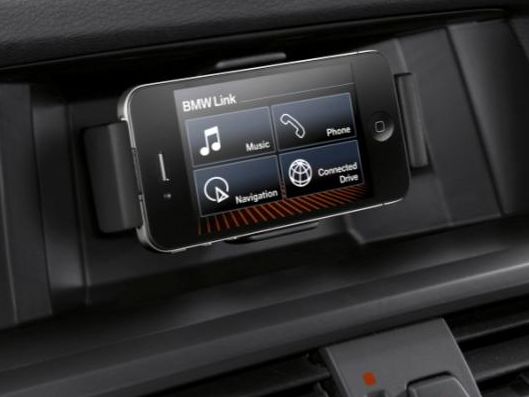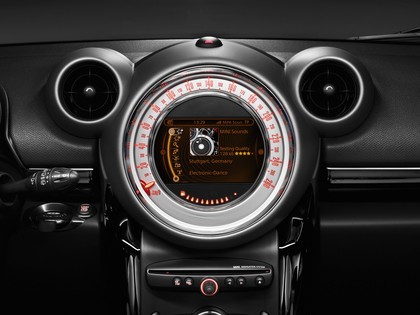Will sat navs all be cloud-based by 2020?
Integrated mobile apps mean a new dawn in automotive design

A leading automotive analyst says that by the end of the decade all navigation will be cloud-based. Phil Magney, vice president of Automotive Research at analyst iSuppli, spoke about how mobile apps and the cloud are revolutionising the design of in-car HMI (Human Machine Interface) design.
"What do I use? I use my Android phone. The content is just more relevant. In five years half the navigation users will be cloud-based... by the end of the decade everything will be cloud-based. The general telematics trend is moving [towards having] open platforms and app stores."
"On-board resources are going out in favour of cloud-based resources. No matter what you say, it's all moving to the cloud."
Magney was speaking about the changing times in HMI design at the SVOX Forum in Zurich. SVOX is a provider for text-to-speech systems and has been working on more natural speech recognition for in-car use – its partners include Clarion, Microsoft Auto and the Open Handset Alliance (Android).
"TTS (Text To Speech) is very, very important with the emphasis on bringing messaging and email into the car", said Magney. "This heightens the need for TTS."
Mobile apps running on smartphones can provide information or even a skin which runs on the head unit. Mini Connected is an iPhone app which enables you to listen to internet radio through your iPhone but using the controls of your Mini's HMI.

The stage on from that is to have apps running on the head unit itself, with a smartphone OS like Android inside the car – however, iSuppli warns that would require work on how the apps can be distributed and who gets a share in the revenue.
Sign up for breaking news, reviews, opinion, top tech deals, and more.
Connectivity and bandwidth will, however, surely be a major stumbling block with any of these systems. Magney was vague as to how this would be paid for. "I presume they'll go to a tiered pricing plan," he tamely suggested.
Likewise, Magney was also questioned about the quality of service on mobile networks while driving. "I guess it's my belief that LTE comes along and takes care of the issues with regard to bandwidth."
In another talk, BMW's Alexandre Saad said that mobile apps have to be well designed to succeed in-car, not least because of the cycle of car design. "A head unit could be four years old... the apps are not known at the design stage. Applications should be developed independently from car production cycles and other car technology."
Phil Magney also talked about the example of the BMW Station – pictured above – which enables an iPhone to effectively be embedded into the dashboard and - via a BMW app due in early 2011 – control in-car systems. We've also previously seen Audi's Google-based system at CES while Mercedes Benz has also shown a cloud-based head unit.
Dan (Twitter, Google+) is TechRadar's Former Deputy Editor and is now in charge at our sister site T3.com. Covering all things computing, internet and mobile he's a seasoned regular at major tech shows such as CES, IFA and Mobile World Congress. Dan has also been a tech expert for many outlets including BBC Radio 4, 5Live and the World Service, The Sun and ITV News.